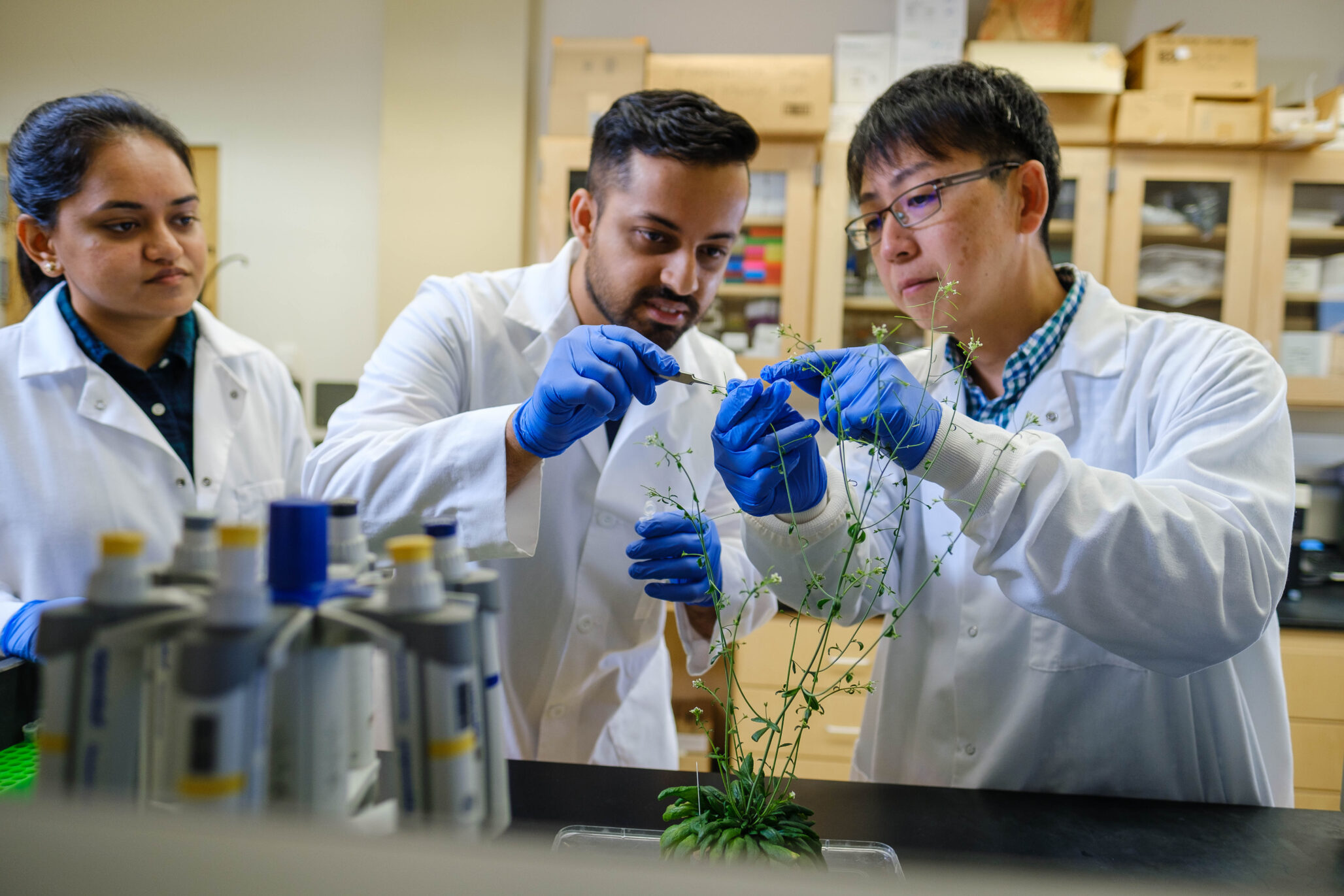North Carolina State University and the University of California, Davis, researchers have developed a modeling algorithm that identifies plant genes associated with specific biological functions. The modeling tool will help plant biologists target individual genes that control how plants respond to drought, high temperatures and other environmental stressors.
“The algorithm advances biological modeling techniques, providing further insight into which individual genes are involved in a given biological response, as well as which environmental factors influence that gene’s behavior,” explains Cranos Williams, a North Carolina State associate professor of electrical and computer engineering and a corresponding author on a paper describing the work. “By narrowing the field from thousands of possible genes to less than 10, it will be much easier for biologists to understand how to develop drought-resistant crops or plants that can thrive in nutrient-poor environments.
“It’s a key that could unlock a great deal of plant biology research with real world applications.”
In order for this biological model to work, it needs data that comes from exposing a plant to stress.
The research team began with a bunch of model species Arabidopsis thaliana plants growing in normal conditions. Samples of the plants were taken to determine which genes were active. The plants were then stressed by being placed in an iron-deficient media. Plant samples were taken at prescribed intervals for three days to determine how gene activity changed at each point in time.
For more information on this study, visit the website.













